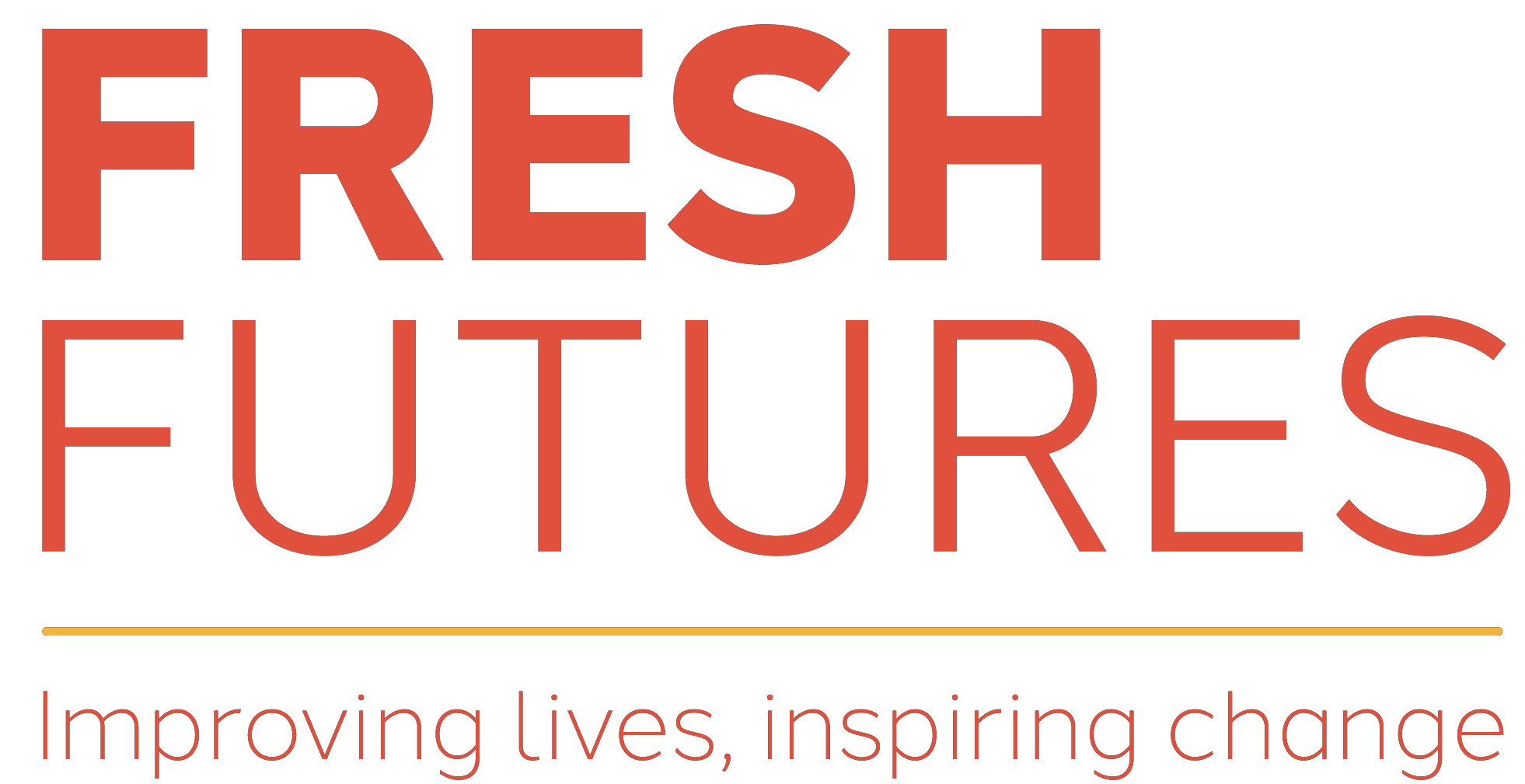(DAPP) Domestic Abuse Perpetrator Programme
UPDATE JUNE 2023 AND ONGOING – We are not currently able to accept or consider referrals from parties that are in Family Court Proceedings, are planning to make an application or reapply to Family Court, or who have a court order to attend a domestic abuse programme.
RESPECT, the accrediting body for a number of DAPPs, has issued a statement that “…DAPP providers will not accept self-referrals onto their programmes for families who are in court proceedings – this is to avoid a situation in which those services are asked to provide reports and interventions without proper funding or the requisite feedback and reporting mechanisms to make the work safe, viable and in the best interests of the child/ren whose needs are of course paramount.” This letter on the RESPECT website provides additional information of the position of RESPECT and accredited services – https://www.respect.uk.net/articles/respect-raises-concerns-around-removal-of-referral-pathway
The Fresh Futures DAPP facilitates and promotes change for male perpetrators of domestic abuse within intimate relationships. The team also work with the victims of the perpetrators on the programme.
What is DAPP?
DAPP stands for Domestic Abuse Perpetrator Programme (also referred to as Domestic Abuse Prevention Programme). It is a programme that seeks to increase the safety of women and children and the quality of life of everyone in the family by working with men who recognise that they have been abusive towards an intimate female partner and who want to stop that behaviour. Domestic abuse includes physical violence, emotional abuse, or any other form of coercive control. Alongside the course an integrated support service for partners/ex-partners (or other person identified as at risk) will be available.
Fresh Futures is fully accredited by RESPECT, the National Association for Domestic Abuse Perpetrator Programmes and Associated Support.
Fresh Futures are also pleased to announce a joint working partnership with EdShift within the DAPP Service.
EdShift are a leading light in working with children impacted by Domestic Abuse. Our joint work will further highlight the impacts of domestic abuse witnessed by children within the family, while challenging DAPP participants to reflect within themselves when being presented with their own child’s voices.
Visit the EdShift website, or click here to find out more about EdShift and here to learn more about SpotLight.
Who can access this service?
The programme is for men who:
- Are 18 years or over
- Are concerned about their own behaviour
- OR accept concerns of somebody else regarding their behaviour
- Do not have an outstanding criminal matter relating to their behaviour
- Be willing to engage with, and commit to, the programme and attending regular appointments
- Are willing to share details of their current and former partners (or other person at risk) so they can receive support/intervention should they wish to receive it. If these details are not provided or denied the participant will not be able to attend the course
***UPDATE 26/02/24 – changes to current intervention provision/offer***
From February 2024 we have limited funded for an intervention programme, which has specific criteria:
- Limited to Kirklees and Calderdale residents only.
- 12 spaces will be available on a 20-week programme. This will be primarily a group programme, with limited availability for 1:1 work (such as in the case of a language requirement, or mental health needs).
- Very limited programme; 1 cohort of 20 weeks duration ONLY.
- Due to short intervention duration set by commissioners male clients must be aware of the referral and be fully committed and motivated to complete the programme. Non-engagement will result in removal from the programme.
- Both parents/carers must consent to child/ren being referred to our partner organisation EdShift (https://edshift.co.uk/) for direct support work around the impacts of domestic abuse on children.
- Programme is to be completed by September/October 2024, due to evaluation deadline for commissioners.
Integrated support is offered to all victims or parties at risk whilst men are on programme and up to 3 months post programme.
This support offers a robust risk management and safeguarding which is tailored to each individuals needs.
During the programme, some of the topics participants will cover are:
- The damaging effects of blaming others for their behaviour and how to stop doing it
- The wide range of impacts of abusive and controlling behaviour in intimate relationships.
- The (sometimes hidden) impact on children of a father’s abusive behaviour
- How to be less reactive and prevent the actions of others affecting the choices they make
- How arguments escalate and how to prevent escalation
- How to recognise and stop abusive or controlling behaviour before it happens
- How to avoid being trapped in destructive or repetitive patterns of negative thinking
- How to know themselves better so they can stay calm
- How to take appropriate ‘time outs’
- How to negotiate more effectively in a relationship
- How to become a more positive parent or co-parent
Other Frequently Asked Questions:
What outcomes can be expected from attending the programme?
Research into RESPECT accredited programmes (like the DAPP) shows that most women and children feel significant improvements in their sense of safety after the man completed a programme of this type. This research also shows most women who had experienced sexual or physical violence from their partner stated that this violence had stopped after the programme.
Men who have engaged fully with the programme by attending all the sessions and participating with full honesty have told us they feel a great benefit from the practical skills and fresh perspective they have learned. These skills and personal insights appear to improve their experience of life and can help them regain contact with their loved ones and build a safer environment for them.
Men also report they have experienced significant encouragement and support from meeting and talking with other men, helping them see they are not alone in their struggle and that progress and change is not only possible but is merely a matter of making better and more informed choices.
Feedback from a client that completed the DAPP:
“The background to my self-referral to DAPP was many years of low-level psychological manipulation, culminating in four years of increasingly intense emotional and physical abuse of my wife. My physical abuse resulted in numerous bruises and two broken bones. My psychologically abusive behaviours included frequent and persistent lying, gaslighting, passive aggressive emotional manipulation and threatening to kill both myself and my wife.
The event which finally led to the referral and attending DAPP was when my child witnessed me being physically abusive and attempting to stop my wife leaving the house. The condition for me remaining in our marriage and family home was to obtain professional help and fundamentally change my behaviour. I was recommended to attend DAPP by both my GP and a private psychologist.
DAPP works by forcing men to confront the deep-seated beliefs about control which underlie their abusive behaviours, and to deeply realise that no-one but themselves is responsible for them abusive behaviours. It also makes them clearly understand the impact of their abuse on them partners and children and to take accountability for their actions.
This starts from the pre-referral assessment where you must be fully honest about the extent of your abusive behaviours and intent to change. What made the biggest impact on me was being ruthlessly held to account by the facilitators, as well as the other men in the group, whenever I attempted to avoid taking responsibility for my abusive actions, to minimise their impact or excuse my actions. They made me examine the language I used to myself and others, and to reflect deeply on my behaviour and its impact on my wife and children. The fact that the programme runs for […] consecutive weeks, and relentlessly examines every aspect of abuse, means there is no hiding place. As well as confronting harmful beliefs and behaviours, the programme has helped me develop positive thinking strategies and be more empathetic and fundamentally change my behaviour towards my wife and children.
I massively regret the pain and hurt I have caused, and the wasted opportunities resulting from not being a responsible adult. I credit DAPP with giving me a second chance in life.”
How to access this service:
Application is by referral from statutory and non-statutory agencies (e.g. CAFCASS, Social Services or from the voluntary or non-voluntary organisation).
Individuals can also make a self-referral however we are not currently able to accept or consider self-referrals from parties that are in Family Court Proceedings, are planning to make an application or reapply to Family Court, or who have a court order to attend a domestic abuse programme.
If you have an enquiry please contact us using the details at the bottom of this page.
Costs
For details of costs please contact us on 01484 519988 (option 2) or via email at [email protected]
Contact Details
If you have any questions about this service, please feel free to check out our FAQ page, or contact us via
[email protected] or 01484 519988 (option 2)
Privacy Policy
Fresh Futures is committed to ensuring that the privacy of our services users is protected. Should we ask you to provide certain information by which you can be identified when using the DAPP service, then you can be assured that it will only be used in accordance with this privacy policy.
Download: DAPP Privacy Policy (Jan 2024)

“This programme gave me a better understanding of domestic violence and how it affects everyone in the house. It has also given me some good new skills to apply in my new relationship.”



